NEET is currently a yearly pen-and-paper multiple-choice exam where applicants must select an answer from the list of options and mark it on an optically scanned OMR sheet.
Senior officials have told The Sunday Express that the Centre is thinking about offering the NEET-UG exam online starting in the following year, in response to the controversy surrounding the exam's integrity. This occurs at the same time that the exam is being negatively impacted by reports of alleged leaks that sparked nationwide demonstrations, over a dozen arrests, a CBI investigation, multiple court appearances, and currently a standoff in Parliament.
NEET is currently a yearly pen-and-paper multiple-choice exam where applicants must select an answer from the list of options and mark it on an optically scanned OMR sheet.
The National Testing Agency (NTA), which administers the exam on behalf of the Health Ministry, has previously opposed calls to move NEET to an online format. For admission to engineering colleges and IITs, however, a computer-based exam similar to the Joint Entrance Exam (JEE) Main or JEE Advanced is thought to be a feasible alternative. We have learned that during the past week, at least three high-level meetings were held to discuss this.
A seven-member panel led by former ISRO Chairman K. Radhakrishnan was constituted by the Centre on June 22 in order to review the NTA's operations and make recommendations for changes to testing protocols and data security measures.
Coincidentally, former Education Minister Prakash Javadekar declared in 2018 that NEET would take place online in 2019 and twice a year. But when the Health Ministry took issue with the announcement made "without formal consultation," the Education Ministry was compelled to back down. The Health Ministry was worried that computer-based tests would disadvantage students from low-income and rural areas.
A senior government official responded, “There are many students from rural backgrounds who qualify take the JEE Main and qualify for JEE (Advanced), which are both computer-based tests. Then why should it be a problem for NEET aspirants from rural areas?”
The National Medical Commission, according to sources, will make the ultimate decision about moving to an online format. NMC sources confirmed that the online exam is a "serious option." According to sources, there are difficulties with the transition because a computer-based test requires "normalisation" because the paper will be published in multiple versions.
A senior official said, “This year, 24 lakh candidates appeared for NEET-UG… If we move online, the exam will need to be conducted over multiple shifts and days. Approximately 1.5 lakh to 2 lakh candidates can appear in one shift in an online test…" , as reported by The Indian Express.
The official added, “Therefore, to accommodate NEET numbers, we will need to have multiple shifts over different days – just as we do with the two cycles of JEE Main — and that means having different question papers. For results preparation, we will have to normalise marks to take care of any differences in the difficulty level of question papers. We’ve never had to do that for NEET in the past."
Its benefits, according to sources, are weighed in favour of a computer-based exam. There are currently two stages to the JEE: JEE Main, administered by the NTA, and JEE Advanced, administered by the IITs. This year, 8.22 lakh candidates applied for the JEE Main in both sessions, and 1.8 lakh candidates applied for the Advanced. The fact that JEE is now fully computer-based and that the IITs have "absolute control" over JEE Advanced are the two reasons professors who have taught JEE credit for its integrity.
IIT professor who has headed this process in the past said, “The vulnerability of process is a function of the number of people involved in it. Greater the number of people involved, the more is the risk of system getting compromised. The IITs take great care to ensure fewer people are involved who work in small teams isolated from each other. Also, these people change every year," as per reports.
He said.“This used to happen even when JEE used to be a pen and paper exam. The papers used to be carried to the centres by three or four faculty members… Now it is a computer-based exam, so that takes care of a lot of vulnerabilities."
![submenu-img]() Darshan breaks down after his mother, brother meet him in jail for the first time since his arrest in murder case
Darshan breaks down after his mother, brother meet him in jail for the first time since his arrest in murder case![submenu-img]() India lift the ICC Trophy after 11 years; wishes from Amitabh Bachchan, Rachana & Rhythm, Indra Nooyi flow in!
India lift the ICC Trophy after 11 years; wishes from Amitabh Bachchan, Rachana & Rhythm, Indra Nooyi flow in!![submenu-img]() 'He is entitled to...': US Supreme Court says Donald Trump partially immune from prosecution for...
'He is entitled to...': US Supreme Court says Donald Trump partially immune from prosecution for...![submenu-img]() Jackky Bhagnani reveals Akshay Kumar has put his fee for Bade Miyan Chote Miyan on hold until...
Jackky Bhagnani reveals Akshay Kumar has put his fee for Bade Miyan Chote Miyan on hold until...![submenu-img]() 'Auto drivers would take me to...': Industry actor Samarth Shandilya recalls initial challenges in Mumbai | Exclusive
'Auto drivers would take me to...': Industry actor Samarth Shandilya recalls initial challenges in Mumbai | Exclusive![submenu-img]() UPSC Prelims Result 2024 declared at upsc.gov.in; get direct link here
UPSC Prelims Result 2024 declared at upsc.gov.in; get direct link here![submenu-img]() Meet woman who studied six hours daily, cracked UPSC exam at 23 to become IAS officer, currently posted at...
Meet woman who studied six hours daily, cracked UPSC exam at 23 to become IAS officer, currently posted at...![submenu-img]() Meet man, hired for record-breaking package, not from IIT, IIM, his salary is...
Meet man, hired for record-breaking package, not from IIT, IIM, his salary is...![submenu-img]() Meet Kathak dancer who topped UPSC exam in 1st attempt, worked at RBI in day and studied at night, she is...
Meet Kathak dancer who topped UPSC exam in 1st attempt, worked at RBI in day and studied at night, she is...![submenu-img]() Meet woman who cleared UPSC exam at 23 in her first attempt, got AIR 94, but didn't become IAS officer due to...
Meet woman who cleared UPSC exam at 23 in her first attempt, got AIR 94, but didn't become IAS officer due to...![submenu-img]() DNA Verified: Did Kangana Ranaut party with gangster Abu Salem? Actress reveals who's with her in viral photo
DNA Verified: Did Kangana Ranaut party with gangster Abu Salem? Actress reveals who's with her in viral photo![submenu-img]() DNA Verified: New Delhi Railway Station to be closed for 4 years? Know the truth here
DNA Verified: New Delhi Railway Station to be closed for 4 years? Know the truth here![submenu-img]() DNA Verified: Did RSS chief Mohan Bhagwat praise Congress during Lok Sabha Elections 2024? Know the truth here
DNA Verified: Did RSS chief Mohan Bhagwat praise Congress during Lok Sabha Elections 2024? Know the truth here![submenu-img]() DNA Verified: Is CAA an anti-Muslim law? Centre terms news report as 'misleading'
DNA Verified: Is CAA an anti-Muslim law? Centre terms news report as 'misleading'![submenu-img]() DNA Verified: Lok Sabha Elections 2024 to be held on April 19? Know truth behind viral message
DNA Verified: Lok Sabha Elections 2024 to be held on April 19? Know truth behind viral message![submenu-img]() In pics: India beat South Africa by 7 runs to lift second T20 World Cup title
In pics: India beat South Africa by 7 runs to lift second T20 World Cup title![submenu-img]() Alia Bhatt mesmerises in gown, Ranbir Kapoor looks classy in tuxedo in latest romantic photos, fans say 'couple goals'
Alia Bhatt mesmerises in gown, Ranbir Kapoor looks classy in tuxedo in latest romantic photos, fans say 'couple goals'![submenu-img]() Newlyweds Sonakshi Sinha-Zaheer Iqbal pose candidly with paps; Anil Kapoor, Kajol, Huma Qureshi attend wedding reception
Newlyweds Sonakshi Sinha-Zaheer Iqbal pose candidly with paps; Anil Kapoor, Kajol, Huma Qureshi attend wedding reception![submenu-img]() Meet Lovekesh Kataria: Elvish Yadav's close friend, Bigg Boss OTT 3 contestant who lied to father, spent his fees on...
Meet Lovekesh Kataria: Elvish Yadav's close friend, Bigg Boss OTT 3 contestant who lied to father, spent his fees on...![submenu-img]() From Highway to Chandu Champion: 5 underrated gems from Sajid Nadiadwala
From Highway to Chandu Champion: 5 underrated gems from Sajid Nadiadwala![submenu-img]() Lok Sabha Speaker's Election: What does the Constitution say?
Lok Sabha Speaker's Election: What does the Constitution say?![submenu-img]() Explained: Why is Kerala demanding to change its name to Keralam?
Explained: Why is Kerala demanding to change its name to Keralam?![submenu-img]() DNA Explainer: What is Kafala system that is prevalent in gulf countries? Why is it considered extremely brutal?
DNA Explainer: What is Kafala system that is prevalent in gulf countries? Why is it considered extremely brutal? ![submenu-img]() Lok Sabha Elections 2024: What are exit polls? When and how are they conducted?
Lok Sabha Elections 2024: What are exit polls? When and how are they conducted?![submenu-img]() DNA Explainer: Why was Iranian president Ebrahim Raisi seen as possible successor to Ayatollah Khamenei?
DNA Explainer: Why was Iranian president Ebrahim Raisi seen as possible successor to Ayatollah Khamenei?![submenu-img]() Darshan breaks down after his mother, brother meet him in jail for the first time since his arrest in murder case
Darshan breaks down after his mother, brother meet him in jail for the first time since his arrest in murder case![submenu-img]() Jackky Bhagnani reveals Akshay Kumar has put his fee for Bade Miyan Chote Miyan on hold until...
Jackky Bhagnani reveals Akshay Kumar has put his fee for Bade Miyan Chote Miyan on hold until...![submenu-img]() 'Auto drivers would take me to...': Industry actor Samarth Shandilya recalls initial challenges in Mumbai | Exclusive
'Auto drivers would take me to...': Industry actor Samarth Shandilya recalls initial challenges in Mumbai | Exclusive![submenu-img]() The Buckingham Murders: Kareena Kapoor is held forcibly by cops in first look poster, fans say 'National Award loading'
The Buckingham Murders: Kareena Kapoor is held forcibly by cops in first look poster, fans say 'National Award loading'![submenu-img]() Dharmendra bought this film's script for Rs 17500, his sister forced him to not work in it, movie changed life of...
Dharmendra bought this film's script for Rs 17500, his sister forced him to not work in it, movie changed life of...![submenu-img]() Watch viral video: AI chatbot caught lying, tells users that it is...
Watch viral video: AI chatbot caught lying, tells users that it is...![submenu-img]() Virat Kohli fails to make it in ICC ‘Team of the Tournament', six Indians in the list including…
Virat Kohli fails to make it in ICC ‘Team of the Tournament', six Indians in the list including…![submenu-img]() Meet woman who lives in India's largest house, larger than Mukesh Ambani, Nita Ambani's Rs 15000 cr Antilia, she is...
Meet woman who lives in India's largest house, larger than Mukesh Ambani, Nita Ambani's Rs 15000 cr Antilia, she is...![submenu-img]() North Korea publicly executes 22-year-old man for listening to...
North Korea publicly executes 22-year-old man for listening to...![submenu-img]() Viral video: Little girl’s adorable dance to ‘Soulmate’ wins internet, watch
Viral video: Little girl’s adorable dance to ‘Soulmate’ wins internet, watch

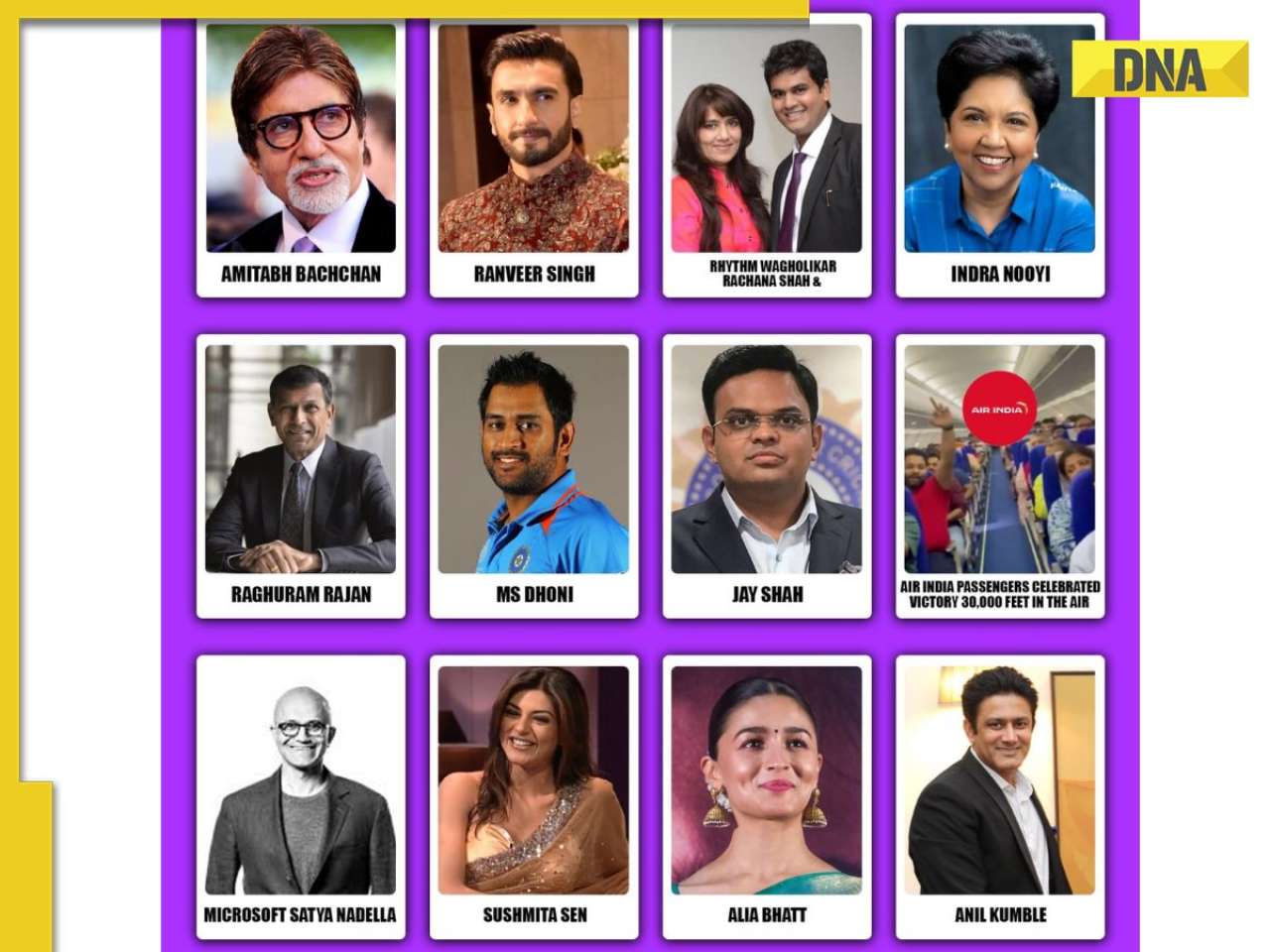








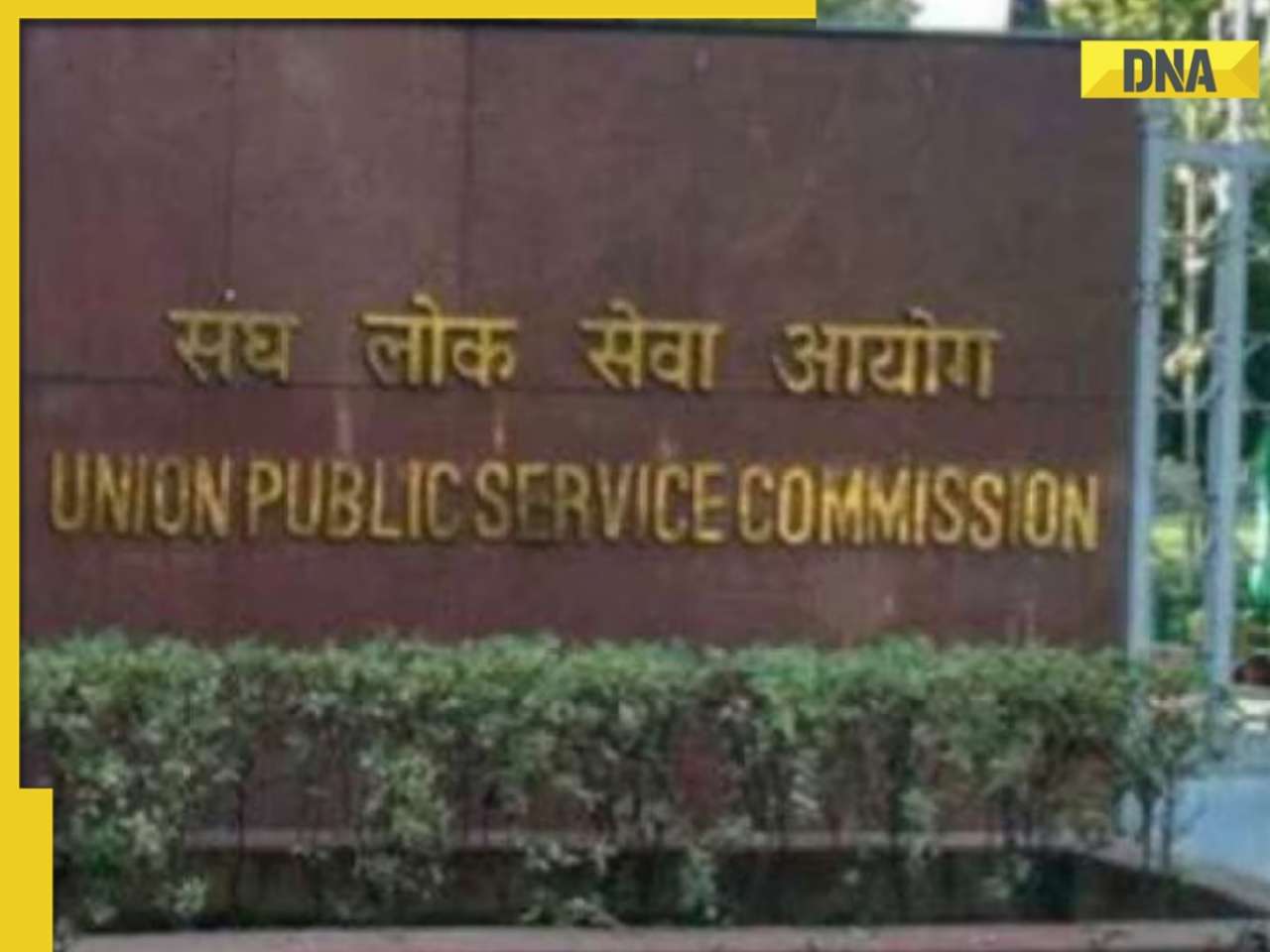














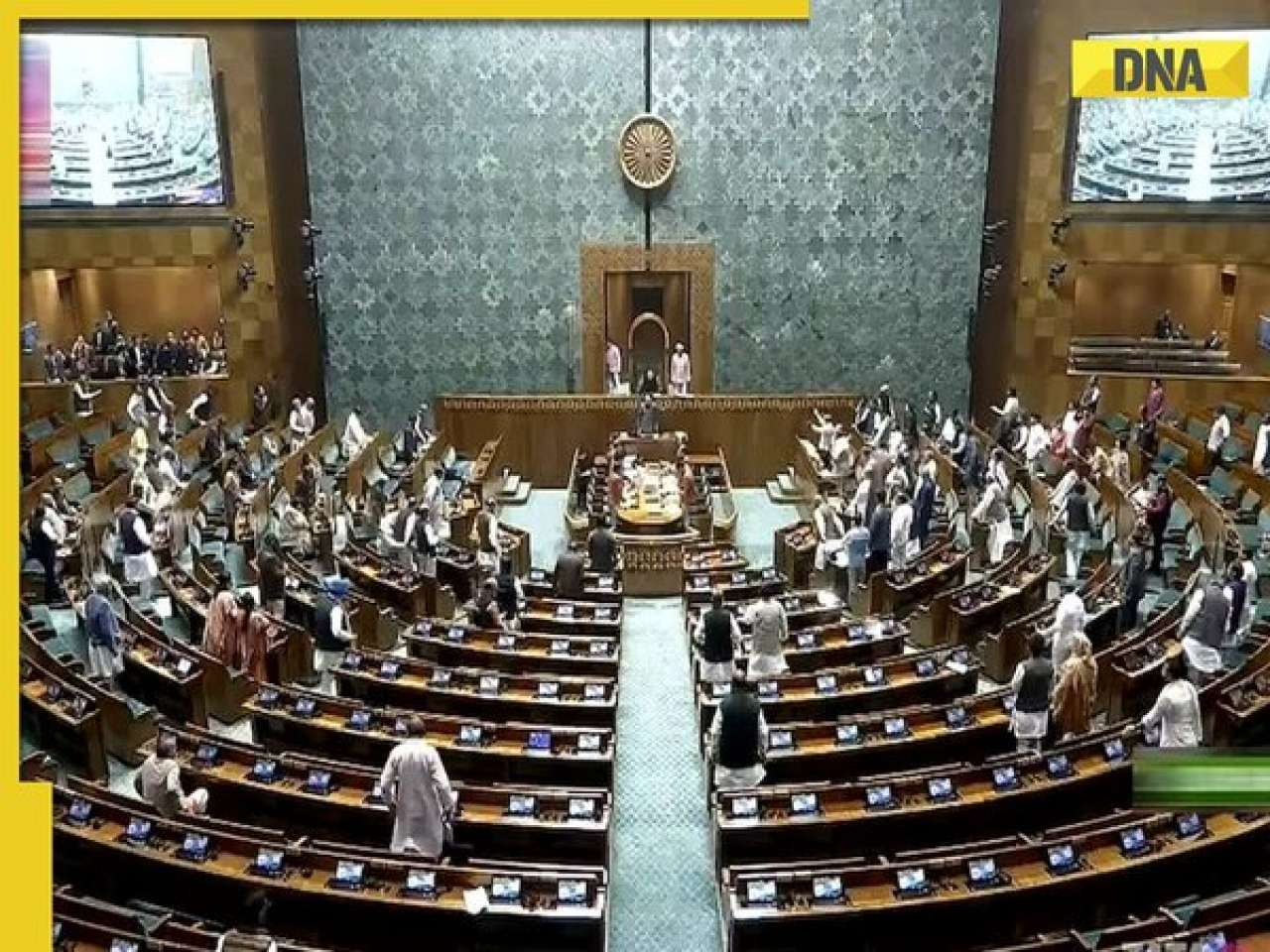
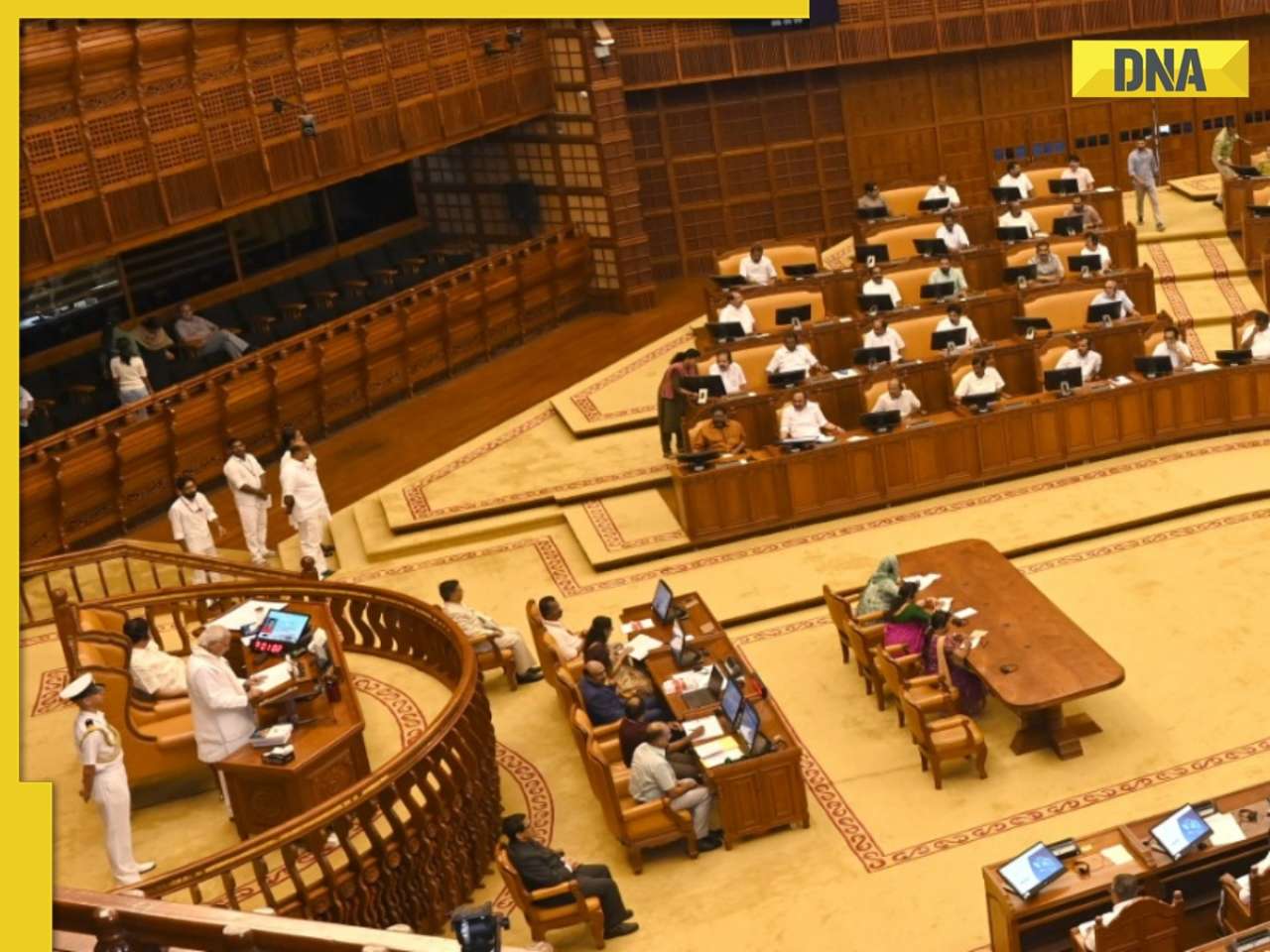











)

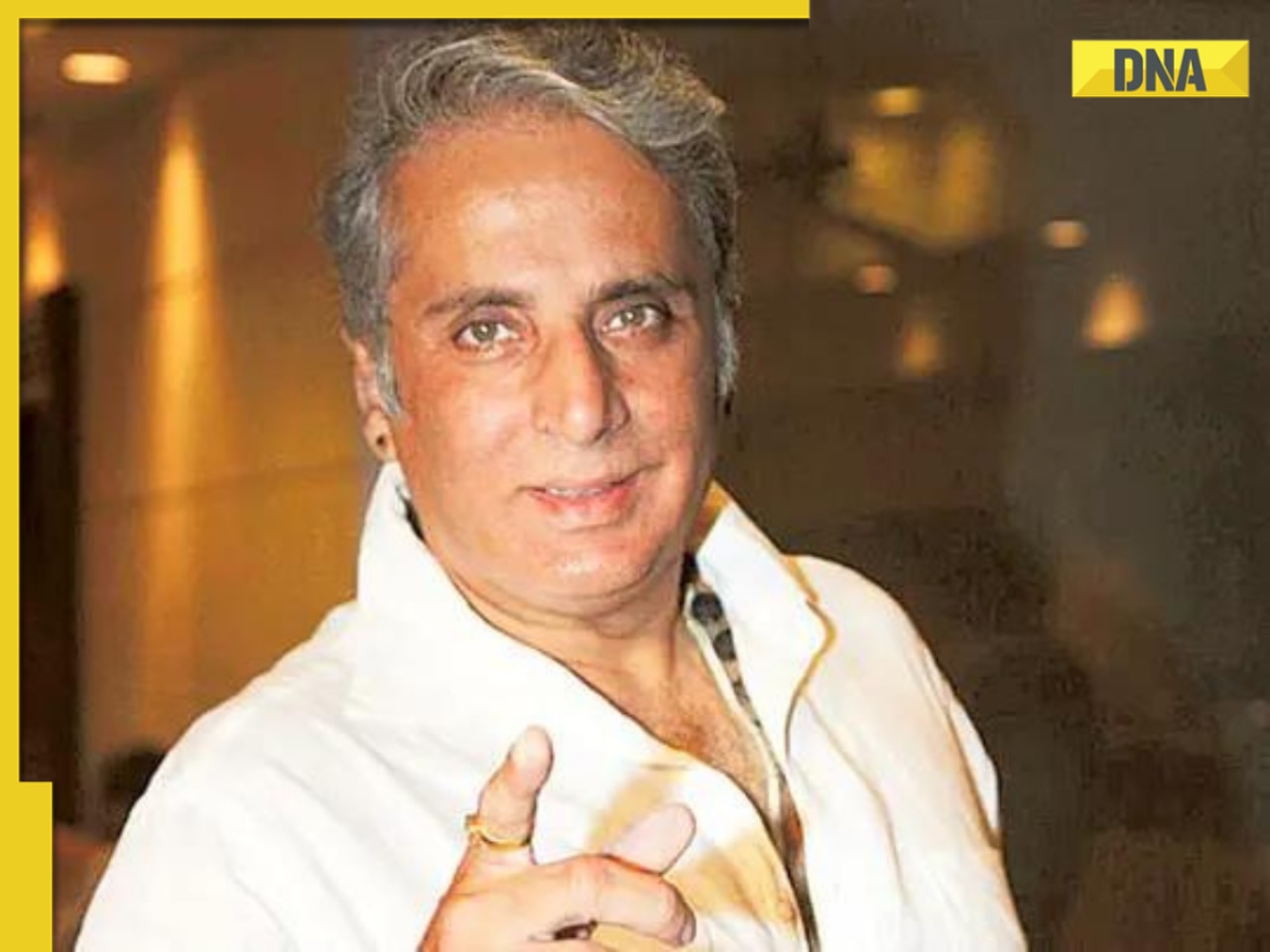

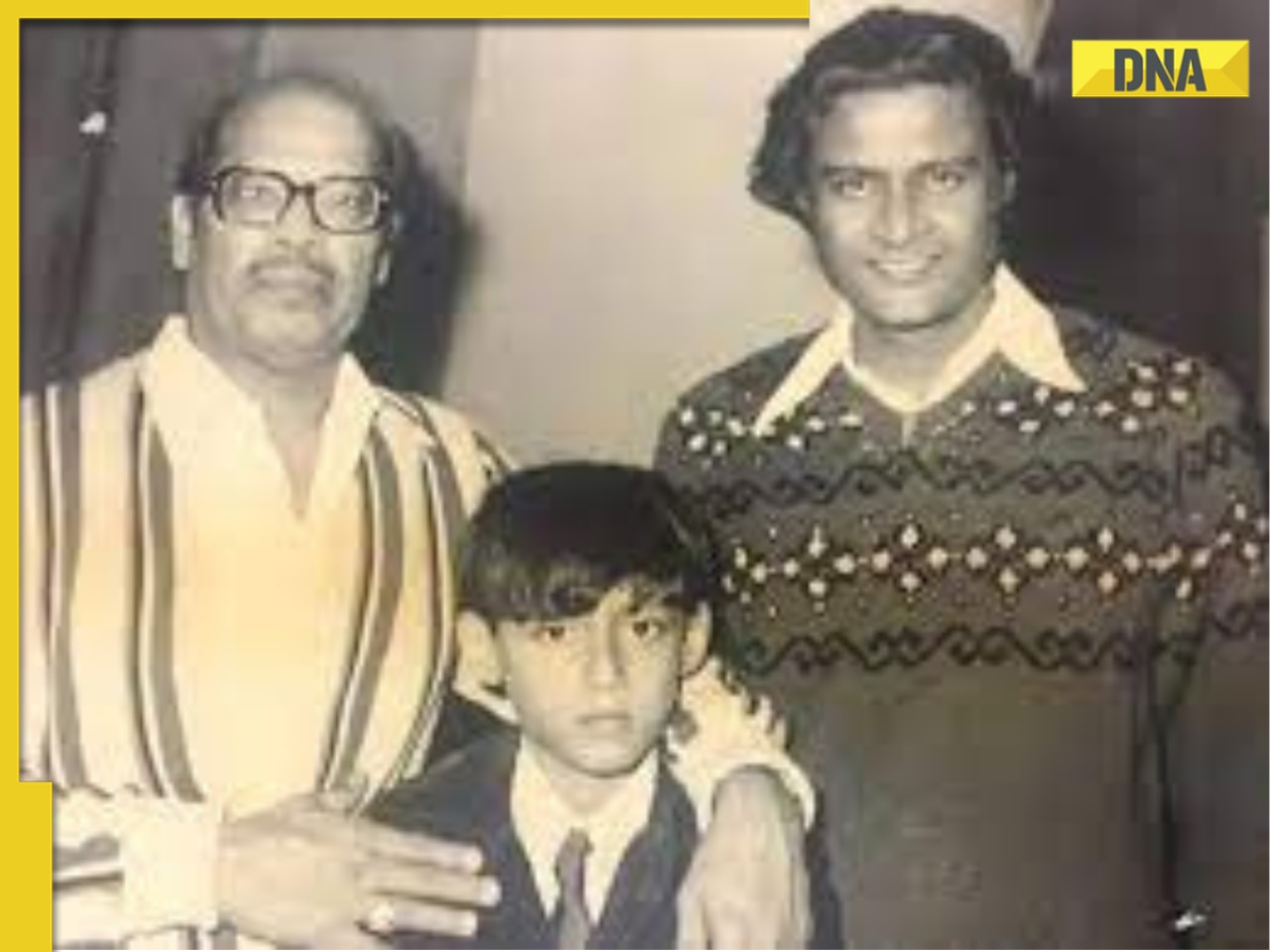










)
)
)
)
)
)